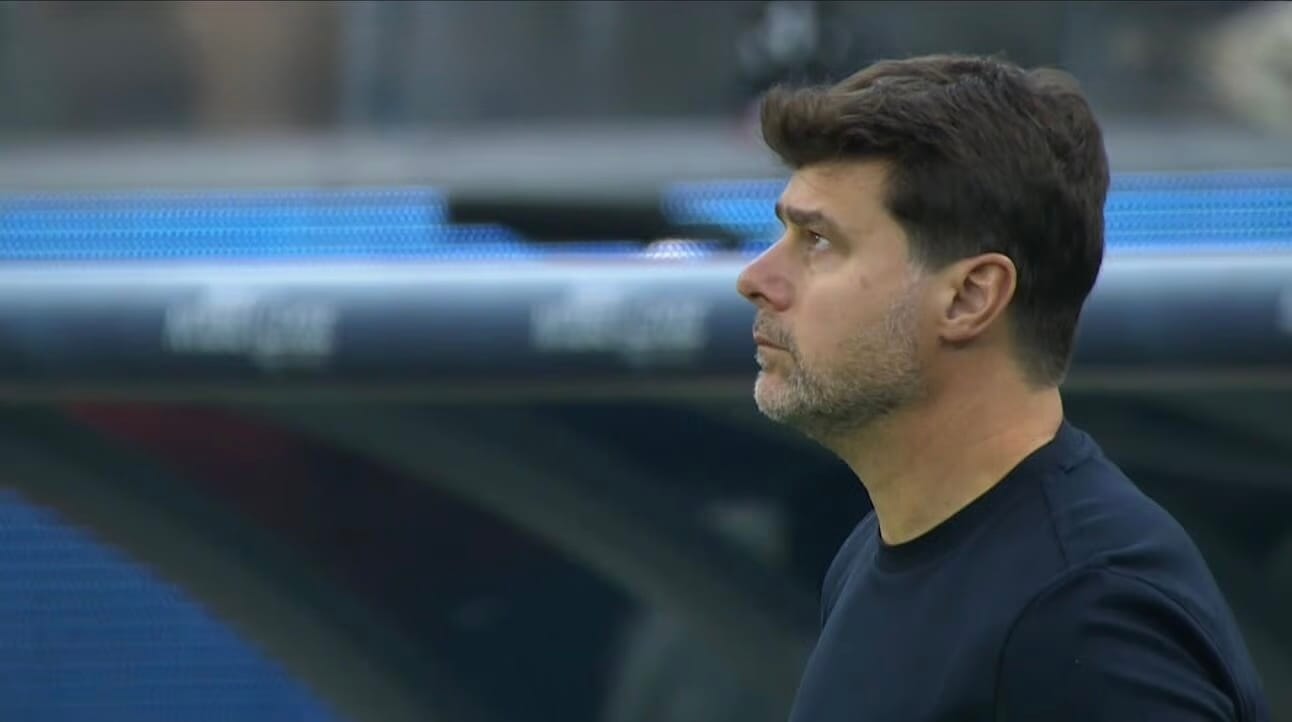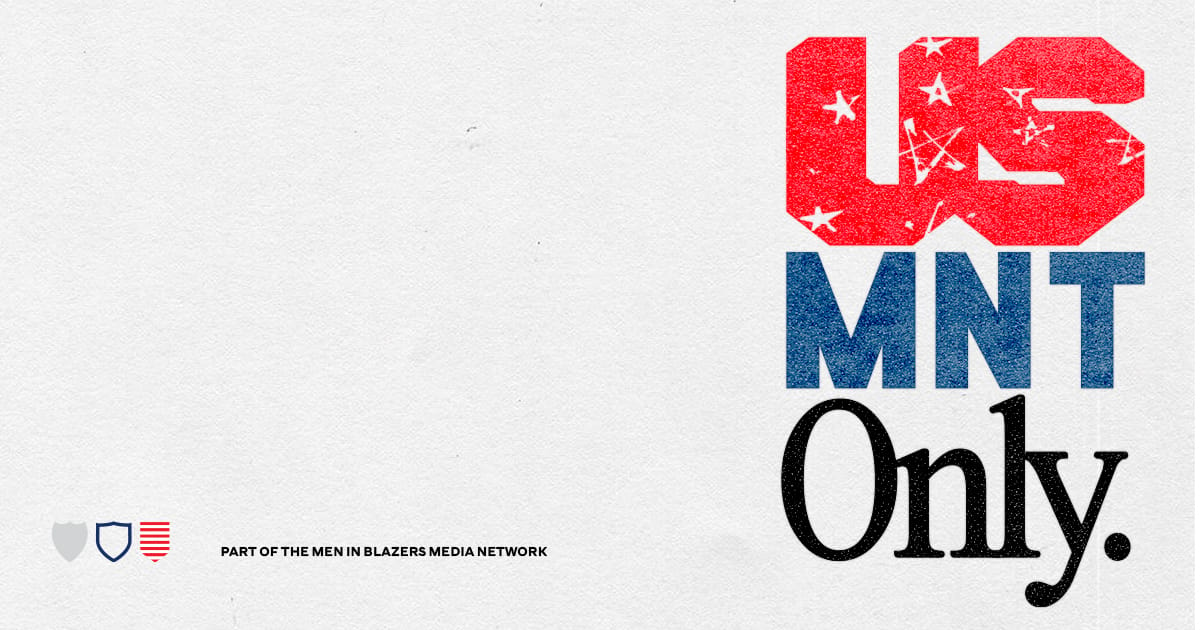A Sad Day in the Football World 💔
Rog writes: Devastated to wake to the news that Liverpool’s Diogo Jota has passed away. The 28-year-old forward, who played the game with humility, clinicality, and a childhood glee, was reported to have been in a car crash in Spain. He died alongside his brother André Filipe, a professional soccer player in the Portuguese second division. It is an awful, unfathomable story which hits so hard.
A month ago Jota was walking around Anfield as a champion. He then paraded through the streets of Liverpool with his team and the Premier League trophy. On June 8, he won the Nations League with Portugal. Ten days ago, he was married. The photographs he posted depict a beaming human being, on top of the world, standing proudly alongside his wife, Ruta Cardoso, and his three young children. Images of beauty that are now heartbreaking to contemplate and impossible to process. Words cannot be summoned to capture the enormity of the shock and the loss. As Jurgen Klopp, a man of enormous faith, posted, “This is a moment where I struggle! There must be a bigger purpose! But I can’t see it!”
Remember Diogo like this: scoring his last goal. For Liverpool, dancing through the Everton defense to deliver Derby Day glory. As he often said, the football field was where he felt most alive, and he made so many Liverpool fans experience some of their most powerful collective memories. Those memories, and the fans’ relationship to Diogo, will live on forever. Our thoughts and love go out to Diogo’s family, all at Liverpool Football Club, and Liverpool supporters across our own community.
Savor every second of life. Never take a moment for granted. #YNWA 🙏🇵🇹💔
More: Rory Smith writes brilliantly on the suddenness of this loss.
Greetings from London
Rory Smith writes: Well, I think I’m ready. By the time you read this, I’ll either be in the air over the Atlantic or navigating my way to Philadelphia. Either way, I won’t be eating: so many of you were kind enough to send in suggestions for where I should eat in my 36 hours or so in Philly that I’ve had to implement a fasting program to ensure I can get through as many of them as possible.
Reviews will follow in due course, but for now: thank you so much for all of the recommendations. In a way it’s a shame I’ll have to interrupt all of the eating to watch some soccer, but my sense (or maybe just hope) is that Palmeiras against Chelsea will be worth it. Enzo Maresca’s team has already lost to one Brazilian side in the Club World Cup. A second one – guaranteeing a non-European team in the semifinals – would be fitting.
Depending on the amount of cheesesteak and/or roast pork I’ve eaten, and the weight limit of Amtrak’s trains, I’ll then be heading to New York, where I’m really excited to be joining Rog for three live shows at the the Michelob ULTRA Pitchside Club in Manhattan next week. It would be great to see you, so come along. We can talk about this week’s subject, Mauricio Pochettino, and then you can tell me where I should go and eat.
Enjoy,
Rory
A Tougher Job Than Anticipated 🇺🇸

It does not take long for reality to set in. Less than a year ago, Mauricio Pochettino was giving his first press conference as manager of the United States men’s national team. His eyes twinkled as he allowed his thoughts to wander to the challenges, and maybe even the triumphs, that lay ahead. Pochettino is a great believer in universal energy. He burns incense. He places lemons, strategically, to absorb negativity.
Everything, back then, seemed aligned. Pochettino was full of zest. He talked about winning over the fanbase with “nice football, good football, exciting football, attacking football.” The aesthetic, he said, was “really important.” “We are in the USA, you know,” he told his audience. And in the United States, the inference went, you need to put on a show.
Most of all, though, he wanted to change the “culture” of the national team. That would be difficult, he acknowledged, but he clearly felt it was possible. He wanted a side that fought for each other, that was not content just to take part, to be seen as equals, but that yearned to win. “We need to believe that we can win,” he said. “That we can win all [of the] games. We can win the World Cup.”
Judging a coach by their soundbites is, in truth, a little unfair. Pochettino could not realistically sit there, in front of the gathered news media, and declare that of course the United States could not win the World Cup, that even to mention the possibility was hopelessly naive, that the best the (main) host nation of next year’s tournament could hope for was an uplifting run to the quarterfinals. To do so would be to doom him to failure. And besides, that is not how athletes – or those involved in professional sports – think. To Pochettino, the chance that he might win the World Cup may be infinitesimal, but it is still a chance.
Still, the contrast with the landscape, 10 months on, is stark. Yes, Pochettino has reached the final in his first major tournament as coach of the United States, but he has done so in arguably the least encouraging manner imaginable. A comprehensive opening victory against Trinidad and Tobago aside, the US has sweated through the Gold Cup, beating traditional CONCACAF rival Saudi Arabia, Haiti, and Guatemala, in the semifinals, by a single goal apiece, and edging past Costa Rica on penalties in the quarters.
There are mitigating factors here, admittedly. Pochettino is working with a second, and in some cases third, choice squad. Most of his major stars are not present, absent either through injury or their involvement in the Club World Cup. Christian Pulisic, his most potent weapon, was excluded after asking to be excused from the tournament.
Far more distressing than the performances, though, has been the apathy. The Gold Cup has not exactly captivated the American public. It is tempting to attribute that to the unfamiliarity of the squad – as well as to the distraction of the Club World Cup – but even that feels like kind of a reach; U.S. fans have turned out to watch teams with much less impressive credentials than this one.
By his own measures, Pochettino has failed to deliver. He has not won over his public. His team are not playing especially good soccer. The idea that the United States might win the World Cup is more ridiculous now than it was 10 months ago. If anything, next summer has started to take on a vague air of menace.

Snaring Pochettino was no small coup for U.S. Soccer. He is, without question, an elite coach. He took Tottenham Hotspur to a Champions League final. He was an N’golo Kanté injury away from winning the Premier League. He has coached Paris Saint-Germain and Chelsea. His résumé is quite a lot better than that of any of his predecessors. It seemed, when he was appointed, as though U.S. Soccer was very much punching above its weight.
It is hard not to wonder, though, if Pochettino might have misunderstood the nature of the task. As another high-profile coach, Thomas Tuchel, is discovering with England at roughly the same time, being an international manager might look a lot like a sinecure: a lavish salary for a couple of months work a year, and free tickets to all the games you want. That is how it is often presented; it is a job, in the eyes of the game as a whole, for old men.
Beneath the surface, it is much more complicated. It not only involves trying to build a culture, and implement a style of play, in maybe a couple of dozen training sessions, spread over a year, but requires a coach to carry with them the hopes and dreams of an entire nation, no matter how distant, how unrealistic they might be. You have to be a talisman and a lightning rod, a salesman and a politician. How well you can organize a pressing system is some way down the list.
Pochettino will know that now, and will have to decide how he reacts. A story emerged in England last week that he had been sounded out as a potential successor to Thomas Frank at Brentford. There have been whispers that, had a slightly more glamorous club come calling, he might have been receptive. The World Cup sits visible, now, on the horizon. This is no time for itchy feet.
It is, instead, time to live his values. The Gold Cup might not have brought the sort of glory Pochettino might have wanted, but it has been a useful learning experience. Not just because this summer has confirmed that the likes of Diego Luna and Jack McGlynn have a role to play next year, once the more established names have returned, but because – as Tim Ream has said – there have been signs of a team that is starting to prove it cannot “be pushed around.” The U.S. has started to bare its teeth.
That is the sort of thing a manager can work with, the sort of environment that returning players can buy into, the green shoots of an emergent culture. It is also a story that can be sold to the public. Pochettino knows, deep down, that is what he needs: not a particular style of play, but a journey that the fans can enjoy. He must rediscover that energy, that confidence that he exuded when he first took the job. He has to let those lemons do their job, absorb the negativity, dissolve the bad vibes. When life gives you lemons, after all, there are things you can make with them.
Rory Smith Is Coming to America 🍫🍊

We know that just made him sound like Prince Akeem, but he will be joining Rog for a load of live show tapings during a Week ‘O Wonder at The Michelob ULTRA Pitchside Club in New York City next week. We will have THREE MiB events over the course of the week. Come join us, raise an Ultra, and ask Rory your questions as we tape a live show with him before and after the games:
Semi-Final Watch Parties 🎉
Tue 7/8: 3 & 5 p.m.
Wed 7/9: 3 & 5 p.m.
MiB Live! with Some Lovely Special Guests 🎙️
Fri 7/11: 6 p.m.
All of these events are FREE, and we want to raise a glass with all of you. All we ask is that you RSVP for the events (you can for all three at once if you’d like) as an RSVP will be needed to enter. Just be sure to select the MiB events you want to attend when signing up. The more of you we can see, the better. RSVP RIGHT HERE. 🎟️
Gathering Strength 🇸🇦

There was, almost immediately, an instinct to claim Al Hilal’s victory against Manchester City in the last 16 of the Club World Cup as some sort of watershed moment for Saudi Arabia’s annexation of soccer. Gianni Infantino, the president of FIFA, led the charge, declaring on his constantly churning Instagram account that it heralded the dawn of a “new era” for club football.
This will not come as a surprise but that is, it is fair to say, a bit of a stretch. It is absolutely correct that Al Hilal have impressed at this tournament: Simone Inzaghi’s team is yet to lose a game, could well have beaten Real Madrid, and richly deserved to eliminate a City side that looked suspiciously like an exhausted squad toiling in the white hot sun.
And it is also true that the Club World Cup, still in its beta testing phase, has benefited enormously from the presence of two Brazilian teams alongside Al Hilal in the quarter finals. Had the competition’s latter stages dissolved into a decaffeinated version of the Champions League then it might well have ground the whole project to a halt: we do not, after all, need two competitions to establish the best club side in the world.
But none of this offers an accurate reflection of where the Saudi Pro League stands a couple of years into its centrally commanded revolution. Of course Saudi officials will point to Al Hilal’s success to prove that its teams are to be taken seriously, to persuade prospective signings of the legitimacy of their project.
But they will also have to acknowledge the chronic imbalance in a league where only a handful of teams benefit from the largesse of the country’s sovereign wealth fund, and the poor attendances at a substantial number of stadiums, and the reality that for much of the year, the players who choose to make the move accept, in doing so, a life in comparative obscurity, away from the cutting edge of the sport. It is no shock that pumping huge sums of money into teams like Al Hilal has made those sides more competitive. That is not the same as developing a healthy, and sustainable, soccer culture.
Excited for the 2026 World Cup? Our USMNT Only newsletter is your go-to source for backstories, insights and narrative surrounding Poch’s squad in their run to (hopeful) glory. Subscribe now. 🇺🇸
What I’ve Been Reading and Writing 📚✍️
I wish my expenses budgets were like this
Sobering reading but extraordinary journalism from the best in the business
Why does the Pacific Northwest produce so many serial killers?
Is fanfic a legitimate way to be into sports? Yes.
Gianni Infantino, as previously discussed, is less of a president and more of an influencer now.

Calling All Football-Loving Pets 🐶 🐱
We have partnered with the two-legged people at Purina to create Pet FC, a new initiative where we will be featuring YOUR four-legged friends that show a true love of football on par with their human counterparts.
We want your dogs that are up at 6 a.m. with you watching Premier League fixtures. Cats named after USWNT stars of past and present. Pets with true football skill (videos very much appreciated) and pets that think they have football skill. All of that, and EVERYTHING in between.
Click the link below to submit your pets and pet stories and we will be regularly featuring the best of the best on our social channels. What's more, we have Purina prize packs for every pet featured. We can't wait to celebrate the two, objectively, best things in the world: pets and football.
Any Other Business 🎸
It’s obviously not just in Britain that the Oasis reunion has got people thinking. Brian Tydings, for example, is clearly of the view that the Gallagher détente has a broader cosmic significance than might be immediately apparent. “Is Liam and Noel reuniting the genesis of the butterfly effect pushing Darwin Nuñez and Napoli together?”
Having considered it, I think I can make this work, in a sort of Six Degrees of Kevin Bacon kind of way. You will be aware, of course, that Oasis splitting up was central to Manchester City casting off its reputation as English soccer’s masters of the pratfall. Oasis ceased to exist in August 2009; at the very end of that season, Roberto Mancini led City to its first major trophy of the modern era. Correlation, in this case, is very obviously causation.
Reunification, then, necessarily means that City’s traditional identity will reassert itself. The weirdly acrimonious departure of Kevin De Bruyne, arguably the club’s finest player for a decade, is a harbinger of that process. His decision to sign for Napoli has been interpreted, in some quarters, as a message to City: the Belgian is very much of the view that he is not yet ready to be put out to stud. (Metaphorically.)
De Bruyne’s cold-eyed ruthlessness, though, upsets the natural balance of Naples, which as previously discussed tends toward the wild, the emotional, the chaotic. In order to restore equilibrium, the Italian champion has thus turned to Darwin Nuñez, the carnival spirit of havoc and abandon made flesh.
And so the answer is yes: Oasis getting back together has led Nuñez to the Stadio Diego Armando Maradona. We can regard that as a truth that has been proved conclusively.
That’s all for this week. Whether your focus is on the Gold Cup, the Club World Cup or the Women’s Euros this weekend, enjoy an excellent few days of football: we’ll miss it in the brief window when it isn’t happening. And if you can make it to New York, do come along and see us: we’d love to be with you. For everyone else, [email protected] is always open.
Thanks,
Rory

